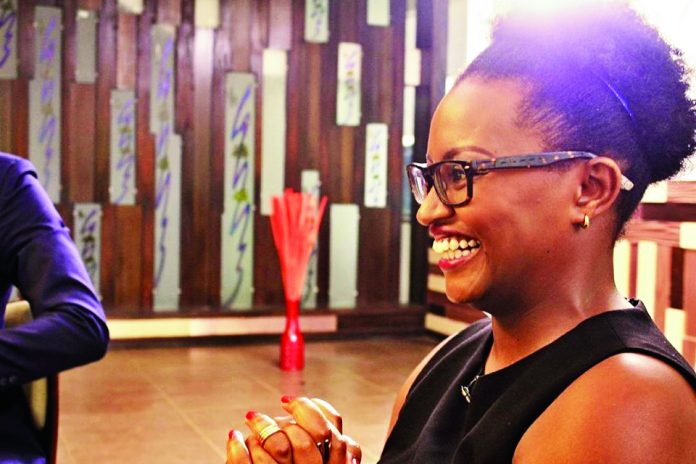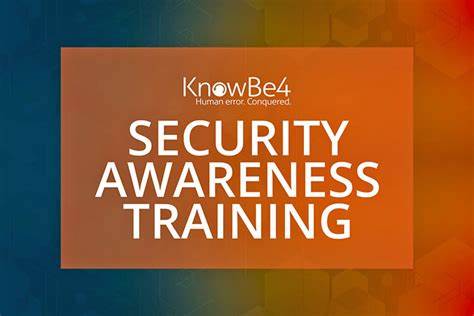When Mugethi Gitau decided to cut her hair six years ago, she wanted to hair to grow naturally. Little dud she know what awaited her. “I realized there were products for natural hair, and it was becoming a challenge to maintain it.”
Noticing a gap, her entrepreneurial gene kicked inanf she found herself looking for a solution. After years of trying, she has created a working product. Today, Mugzie’s Naturals is a thriving micro-manufacturing plant, churning out loads of natural products for natural hair. She shared her experience with Hustle East Africa Magazine.
How is it like to be a manufacturer in Kenya?
It’s an eventful journey with its ups and downs. For me, the customer was my biggest incentive. I was pleasantly surprised to see that people had already gone natural, so marketing my product wasn’t a challenge.
Secondly, there’s the spirit of Made In Kenya that’s still alive in the country. Lots of people are happy to buy locally made products. Ten years ago,it was hard to convince Kenyans to buy locally made products.
Thirdly, manufacturing is a capital-intensive affair. It’s hard for small manufacturers who lack adequate capital to buy raw materials in bulk.
In Kenya, it’s still very expensive to do business as you are taxed multiple times.
However, the government has moved its services online. I appreciate it was easy for me to register my business online. A few years back, it was hard.
How do you distribute your products?
I use online advertising to popularize my products. Two years ago, I used to sell at various flea markets across the city. That’s how people came to know about my products. I now sell online.
I plan to find small shops where I can stock my products.
What keeps you going?
I’m on a mission to end outage Africans to go back to their roots and go natural. I feel we have been disenfranchised as Africans.
What keeps women away from business?
It’s scary. I waited for four years before starting. If you’re employed, you don’t want to go for the unknown. Life as an entrepreneur is not easy at all. There’s the uncertainty of business and this can get scary.
Did employment prepare you to be in business?
Yes. I picked up lots of skills and networks during my stint as an employee. I also learned how to communicate professionally
How about education?
It also helped me a lot. I have a science background so it comes in handy when I’m mixing my ingredients.
My skills in I.T helped me create my website.
Does school prepare you to be an entrepreneur?
No. The 8-4-4 system is a risk averse one. It makes people think that business is for people who fail in school, or for those who can’t find paid work.
I feel it needs to be more holistic. Business is a way if life, not an alternative for academic failures.
Are there opportunities for women our there?
Yes. There are many opportunities for women. We are good at multitasking and we understand our customers so we make for good leaders.
Is entrepreneurship an inborn skill or it can be nurtured?
I believe It’s a mix of both. It takes a certain personality to take risks, to persevere.
It’s important to note that not everyone is cut for entreprenuership. As it gets popular,we need to stop shoving it down people’s throats. Employment is as important. After all, most entrepreneurs started out as employees.
And businesspeople still need employees to run their businesses.
How do you see the business panning out in future?
I want to take my business to different places. I also want to contract farmers to deliver raw materials directly to my plant, and I believe this is a good way of providing a ready market for them.
Are some point, I want the business to scale, and to give jobs for our people.













